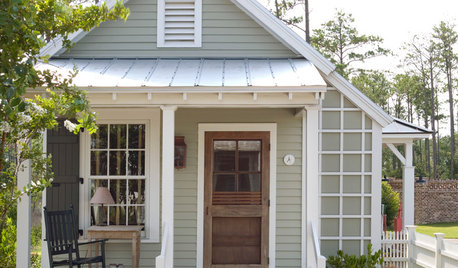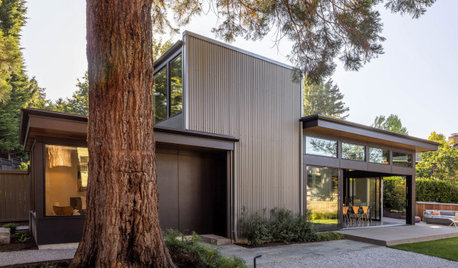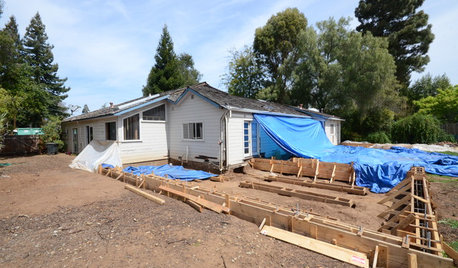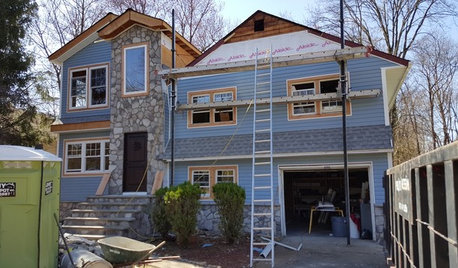Morgage Payment Question - Convincing the bank I can pay more
thecatsmeowth
11 years ago
Related Stories

VACATION HOMESMake Your Vacation Home Pay Off
Renting your vacation house when you're not using it makes good financial sense. These tips can help
Full Story
MOVINGHow to Avoid Paying Too Much for a House
Use the power of comps to gauge a home’s affordability and submit the right bid
Full Story
VACATION HOMESPatience Pays Off for Owners Renovating Their Beach Condo
A Jersey Shore unit gets a bright new look, a more functional layout and increased space for extended family
Full Story
THE POLITE HOUSEThe Polite House: Can I Put a Remodel Project on Our Wedding Registry?
Find out how to ask guests for less traditional wedding gifts
Full Story
WORKING WITH PROS10 Questions to Ask Potential Contractors
Ensure the right fit by interviewing general contractors about topics that go beyond the basics
Full Story
REMODELING GUIDESSurvive Your Home Remodel: 11 Must-Ask Questions
Plan ahead to keep minor hassles from turning into major headaches during an extensive renovation
Full Story
WORKING WITH PROS12 Questions Your Interior Designer Should Ask You
The best decorators aren’t dictators — and they’re not mind readers either. To understand your tastes, they need this essential info
Full Story
MOVINGHiring a Home Inspector? Ask These 10 Questions
How to make sure the pro who performs your home inspection is properly qualified and insured, so you can protect your big investment
Full Story
LIFEThe Polite House: How Can I Tell a Construction Crew to Pipe Down?
If workers around your home are doing things that bother you, there’s a diplomatic way to approach them
Full Story
SELLING YOUR HOUSE15 Questions to Ask When Interviewing a Real Estate Agent
Here’s what you should find out before selecting an agent to sell your home
Full Story








live_wire_oak
Annie Deighnaugh
Related Professionals
South Lake Tahoe Architects & Building Designers · Bonita Home Builders · Conroe Home Builders · McKinney Home Builders · West Hempstead Home Builders · Buenaventura Lakes Home Builders · Aurora General Contractors · Converse General Contractors · Delhi General Contractors · Eatontown General Contractors · Eau Claire General Contractors · Galveston General Contractors · Lincoln General Contractors · Mount Prospect General Contractors · Rocky Point General Contractorsauroraborelis
done_again_2
thecatsmeowthOriginal Author
thecatsmeowthOriginal Author
beaglesdoitbetter1
Annie Deighnaugh
beeps
auroraborelis
thecatsmeowthOriginal Author
auroraborelis
auroraborelis
kirkhall
8mpg
krycek1984
thecatsmeowthOriginal Author
auroraborelis
DaizyJae
brickeyee